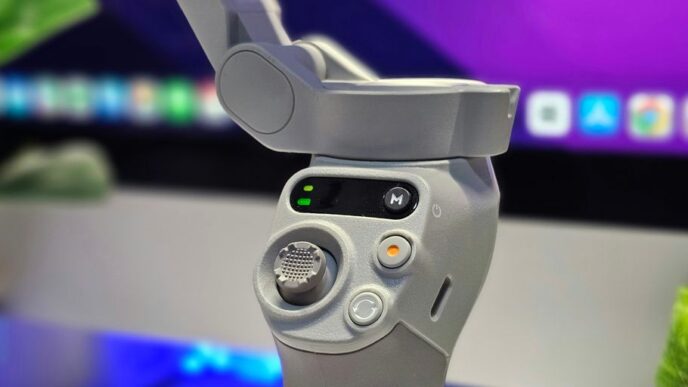Healthcare Technology is defined by the World Health Organization (WHO) as the “use of innovative and technically advanced methods and equipment for the diagnosis, treatment, and prevention of diseases and injuries of a human or non-human origin that could affect the medical community”. It is also defined as a discipline that “permits the development of new technologies designed to improve the quality of health services and make the practice of medicine more effective and efficient”. By using the latest tools and technologies, healthcare professionals can provide their patients with the best possible care. The goal is to enhance patient safety, prolong the life span of patients, minimize unnecessary suffering, reduce costs and increase the quality of care.
Technology has become an important part of the healthcare industry over the past five decades. The explosion of information technology and its impact on the industry has created a large demand for professionals who are trained in computer software and certain types of engineering. Many healthcare organizations have developed specific programs to train individuals interested in these technologies. Some colleges and universities offer courses in healthcare technology, and there are many books, journals, and websites available on the Internet that offer detailed information on the subject. In addition, healthcare technology has become a frequent topic of conversation in the business world, with many companies dealing in this field.
One area that is rapidly growing in the healthcare industry is the application of artificial intelligence to enhance the overall quality and accuracy of medical diagnosis and treatment. Advances in computer science have made it possible to create machines that can process large quantities of data and deliver results much more quickly than human physicians. In fact, many hospitals now use computers and similar technology to operate virtual rooms where patients can be seen quickly without having to wait online with other patients. New and improved technologies are also being introduced into the hospital environment, allowing doctors and other medical professionals to communicate with patients more effectively and simplifying the paperwork associated with medical treatment.

An increasing number of hospitals are also incorporating computer software into their workflow. Doctors can order tests, distribute them accurately across the entire staff, and access patient records remotely when necessary or when the doctor has to visit a specific location. The software also is used to provide physicians with more detailed explanations of diagnoses, which helps patients understand their disease better. In the future, it is expected that healthcare technology will be integrated more completely into the health care industry, with more healthcare organizations adopting cutting-edge technologies to improve their patient’s experience on the hospital floor.
The adoption of new technologies and the integration of emerging technologies such as artificial intelligence have resulted in some changes within the sector. Many hospitals are now using digital imaging systems that allow them to process scans more efficiently and with less patient interaction. Other healthcare organizations are introducing virtual walls, enabling physicians and other staff members to move between different floors in a hospital with ease. A major change in healthcare technology has been the growth of telemedicine. Instead of traveling to different locations to provide healthcare services, patients are able to get their healthcare services from a telemedical technician that is actually located in another state or country. Telemedicine is expected to continue to grow, with doctors able to diagnose and treat patients more effectively across the globe.
Although healthcare technology adoption has resulted in some positive changes in the industry, there is still a long way to go. Healthcare organizations must continue to evaluate how they are spending their money and whether or not they are implementing the latest technologies in order to maximize their benefits. There is also much work that remains to be done to properly educate healthcare techs on the newest technologies. Properly trained healthcare techs will be integral in making the healthcare industry safer and more efficient. Organizations will continue to make improvements to their business model over time, resulting in more opportunities for employment for these specially trained individuals.












